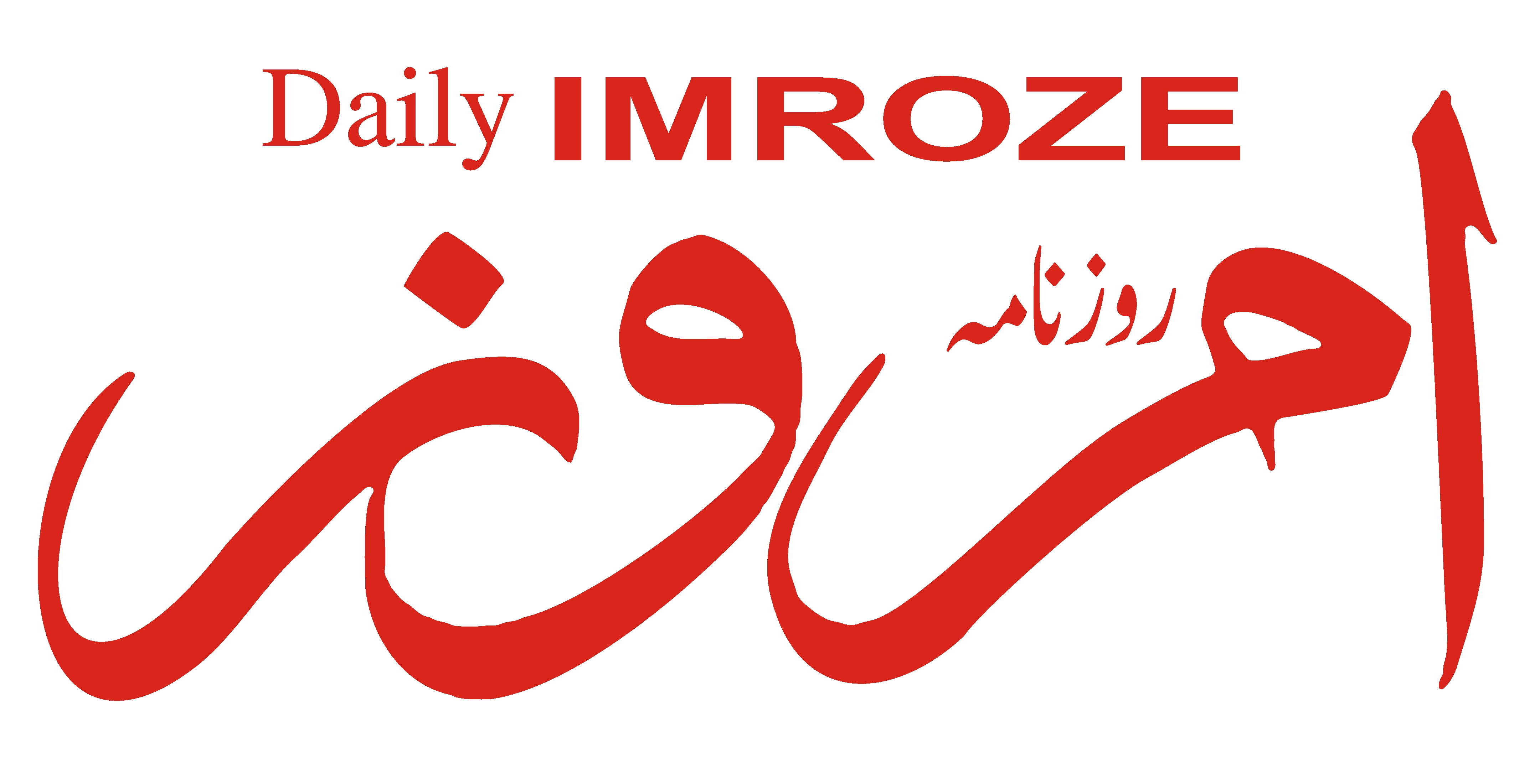Amjad Mehmood
Islamabad: In civilized countries, the law of land offers all citizens a life to live with freedom and pride without fear of any unlawful exploitation. Rather, the state’s justice system assures citizens’ protection from any harm or vendetta of elites. The classic example of rule of law is from the United Kingdom where no one, including the government, is above the law and it is ensured that legal rights of citizens are protected at any cost. Every citizen has easy access to the justice system when their rights are infringed by an individual, group, or state organization.
The case is altogether different in Pakistan and for no reason, you can be accused, trialed, and penalized, if a resourceful individual, member of elite class, or government organization intended. The lacunas of the Pakistani justice system provide every opportunity to wrongdoers to ruin the life of humble people. There are hundreds of cases already reported in the media when an innocent person opted to sacrifice his or her life for being unable to protect self-esteem in society after facing false accusations. Our decrepit justice system offers no value to rescue an
innocent person from desolation. Surprisingly, most inhuman and illegal cases in Pakistan were executed in the name of law, and government officials crossed legitimate boundaries by violating the set rules. Law enforcement agencies (LEAs) including police, Federal Investigation Agency (FIA), Inelegance Bureau (IB), Anti-Corruption, and other allied departments are public servants and duty-bound to follow the constitution while performing a duty or exercising their power.
The Constitution of Pakistan inclusively defines the role and responsibilities of civil
servants and binds them to ensure the supremacy of rule of law in any condition. The founder of the Pakistani Nation Quaid-e-Azam Muhammad Ali Jinnah in his address to civil servants in Peshawar (April 1948) gave precious advice in the following words.
“The first thing that I want to tell you is this, that you should not be influenced by any political pressure, by any political party or individual politician. If you want to raise the prestige and greatness of Pakistan, you must not fall a victim to any pressure, but do your duty as servants to the people and the State, fearlessly and honestly. Service is the backbone of the State.
Governments are formed, governments are defeated, Prime Ministers come and go. Ministers come and go, but you stay on, and, therefore, there is a very great responsibility placed on your shoulders”.
These simple and sound words were the guidelines for civil servants to follow the rule of business without any pressure, greed, or fear. The notion of ‘pressure’ changed over the years and it does not merely belong to politicians in the current age. Now other than politicians, use of money as a bribe and influence of elite classes are also added versions to enable civil servants to set aside the law. The continuous violation of law has become a normal chore in Pakistan and the
justice system at large remains destitute to protect the rights of ordinary people.
In the good old days about three decades ago, M. Hashmi, a respectable individual, had a general store in Jalilabad, Multan. He was picked up in a police van from his store in daylight on a complaint from a citizen. After several hours of detention and on the guarantee of a few members of the local trader union, he was released. Exactly after three days, he committed suicide feeling helpless to answer the public queries that why police had detained him. On the other hand, he just refused to extend the credit facility on sale to the complainant and he used his influence to fix him on refusal through the police.
About two years before, the Peshawar Police Department issued a document of Standard Operating Procedures (SOPs) to ensure that arrests and detentions made by police are in line with the relevant laws aiming to avoid human rights violations. The document explicitly defines that an arrest cannot be made on simple assumptions rather there must be a piece of verified evidence on part of police officers that an offense is committed or is about to be committed and
the targeted person is duly identified in connection with the offense and arrest is inevitable. The document also explains that illegal arrests and detentions might result in punishment under sections 220, 341 to 348, and 365 of the Pakistan Penal Code and section 119 of the Police Act, 2017 for any police officer found guilty of misusing his powers.
To intact, the supremacy of justice, the legal proceedings, and the constitution are very precisely defined but the practical situation is worse than imagination. In most cases, the violators of the law are the ones who have taken oaths to protect the law. Instead of carrying out a thorough investigation, law enforcement agencies directly raid the house or workplace on a simple complaint launched by an illusory character to gain some ulterior motives. Consequently, the individual under question passes his days and nights to prove himself or herself innocent in public eyes. The false complaint may damage the whole life and career of a law-abiding citizen
but the complainant walks free by using his resources and money.
The country which has witnessed the judicial murder of former prime minister Zulfiqar Ali Bhutto at the behest of a military dictator General Zia-ul-Haq never tried to prosper in maintaining the transparency of the judicial system. In 2016, the unlawful executions of two brothers namely Ghulam Qadir and Ghulam Sarwar from district Rahim Yar Khan exposed serious flaws in Pakistan’s criminal justice system. On October 6, 2016, while hearing seven- year-old jail petitions, a three-judge bench of the Supreme Court, headed by Justice Asif Saeed Khan Khosa, acquitted the two brothers from murder charges while it shockingly revealed that the two brothers had already been executed on October 12, 2015. This is one sample of the
paucity of justice in Pakistan while the complete tale is neither assimilable nor reaching an end.
Violation of the law is becoming a matter of pride and contemporary fashion while the government, judiciary, and legal system seem completely failed to counter this negative tendency.
A recent victim of such malpractices of our system is Ms. Fouzia Mushrtaq who was recently suspended from the post of Registrar, Pakistan Nursing Council (PNC). The lady possesses an upright personality and believes in following organizational rules and regulations. She strictly condemns the practices of favoritism in the workplace and advocates treating everyone without
any discrimination. Her principles of transparency and equity in dealing with matters have dragged her into a difficult situation and she is facing charges that she never committed. She was framed with charges of awarding recognition letters to colleges without following the due process and approval of the council while Ms. Fouzia has categorically denied all allegations against her and said everything was processed as per legal provisions. Reportedly, internal rifts at PNC are leading to a chaotic situation and affecting the council functions.
The severity of the situation is obviously horrifying, but the Pakistani constitution provides a solution by safeguarding the freedom, self-respect, and fundamental rights of the average citizen and by defining the roles and duties of the government, judiciary, law enforcement agencies, civil bureaucracy, and other organizations to operate within the bounds of the law. Mass-scale harm has already been done, thus everyone should contribute positively within the law to create a flourishing society where the rights of the average person are guaranteed.





